Torres on ‘Silver Tongue’ and the Importance of Valuing Art
We spoke with Mackenzie Scott, aka Torres, about her latest release and the collective change of heart and mind needed to better support musicians.
Mackenzie Scott, who performs as Torres, has made an album that is the culmination of all of her work that came before. Torres’ fourth studio album, Silver Tongue, out now on Merge Records, has the lush, shimmering instrumentation of her first two albums, 2013’s Torres and 2015’s Sprinter, combined with the candid honesty about desire that emerged in 2017’s Three Futures. As Scott’s first self-produced album, it’s fitting that Silver Tongue sounds the most encompassing of all that she is musically capable of.
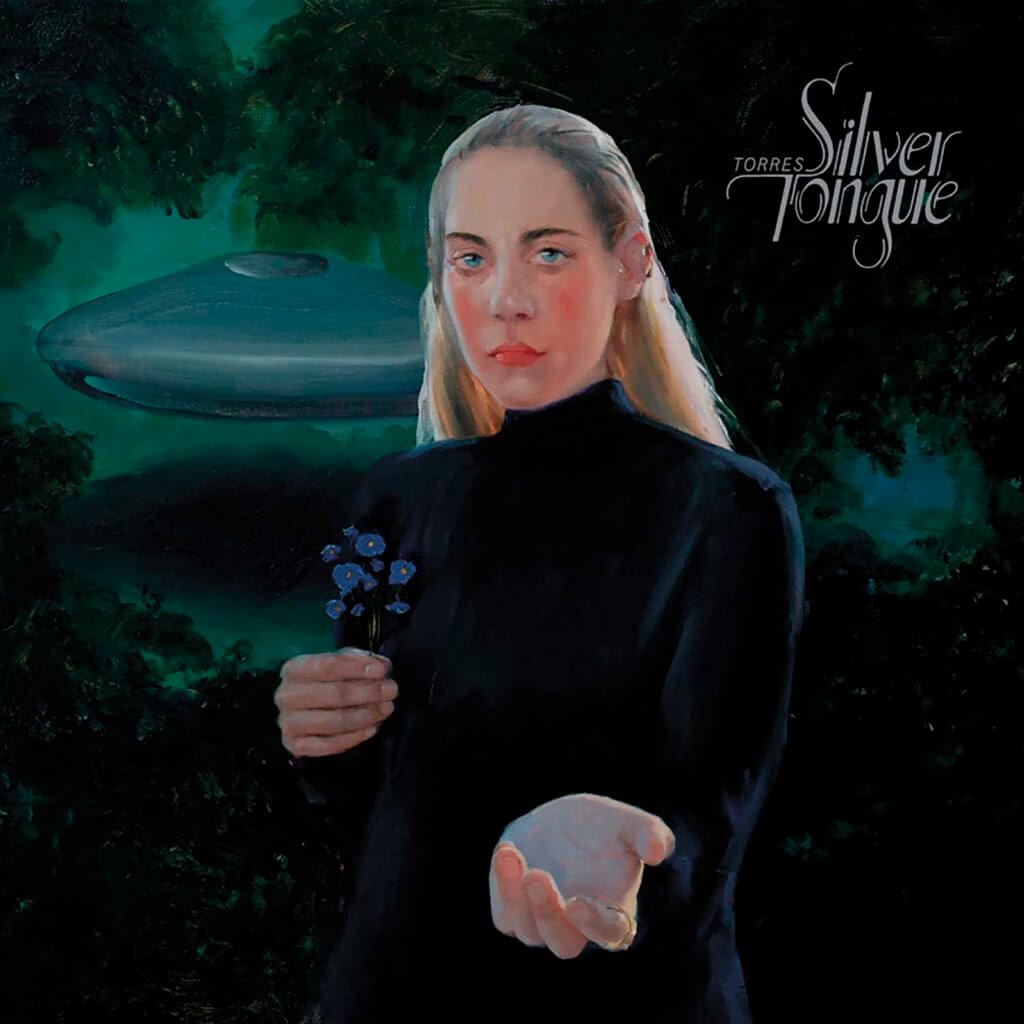
While listening to Silver Tongue, I’m struck by the direct lyrics and the profound warmth in Scott’s vocal delivery. This rare combination permeates more than just her music; it also comes through in Scott’s critiques of the music industry and streaming services, coupled with a deep gratitude for her fans and a recognition of both the difficulties and delights of being a working musician today.
I spoke with Scott about what it’s like to write and live in New York City, changes needed in the music industry, and the importance of paying artists for their work.
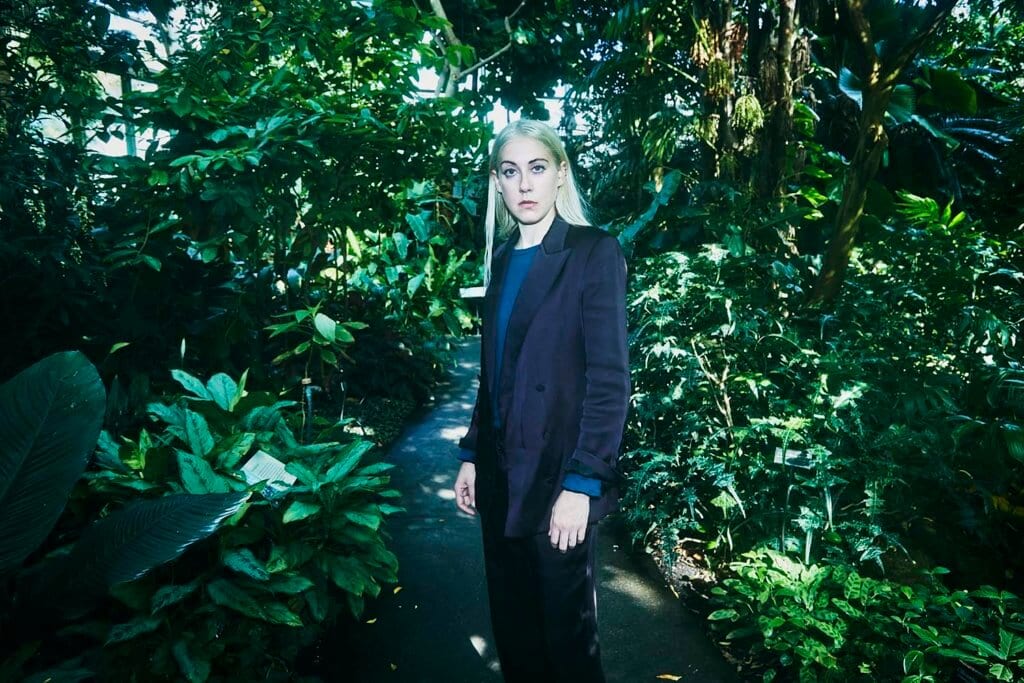
You self-produced Silver Tongue, which was a first for you. Did you have to learn any new skills to do that?
I felt confident going into it; I knew I could do it. I had an engineer assist with the technical stuff so I could focus on the actual performance. There weren’t any particular skills that I needed beyond simply knowing how to experiment. That’s kind of the most fun, just seeing if you can make it sound like the thing you’ve been hearing in your head.
How do you think this album compares to your previous ones?
It’s more direct. It’s the most forthright I’ve ever written—about love, especially. And I think it’s the most cohesive probably, in terms of sound.
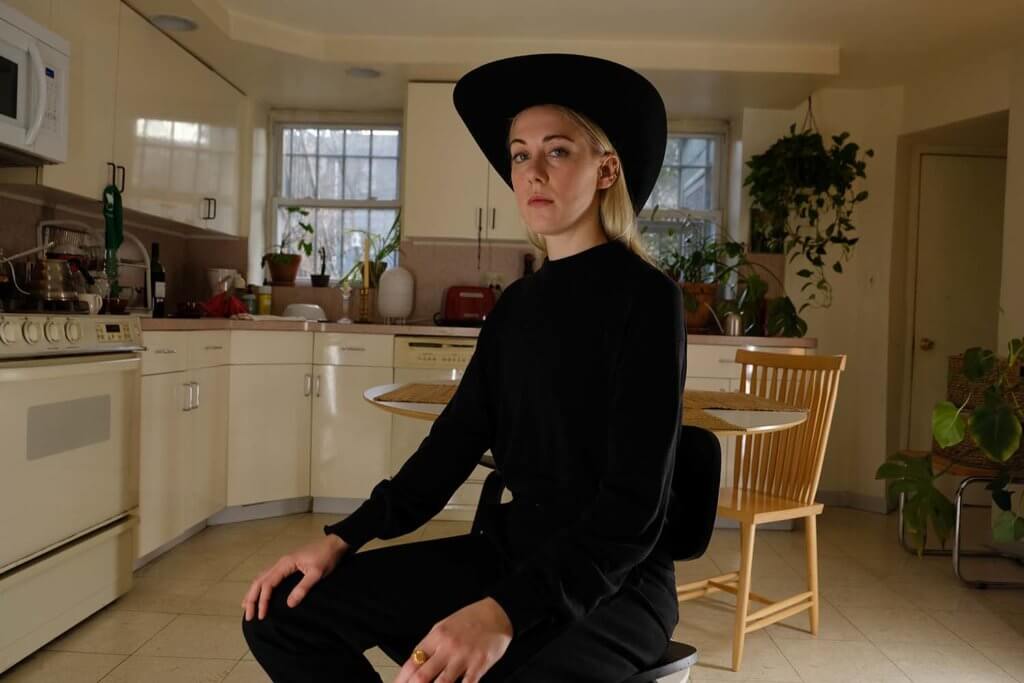
Silver Tongue is obviously about love and relationships, but I also notice recurring themes of place and home. How has living in New York contributed to your songwriting and career?
I’m writing in the eye of the storm here in New York, with everything buzzing around me. It infuses everything that I do with a sense of urgency.
Being in New York has made me a really self-sufficient person. You have to really work hard to carve out a way of life here that you love, that makes sense and is sustainable.
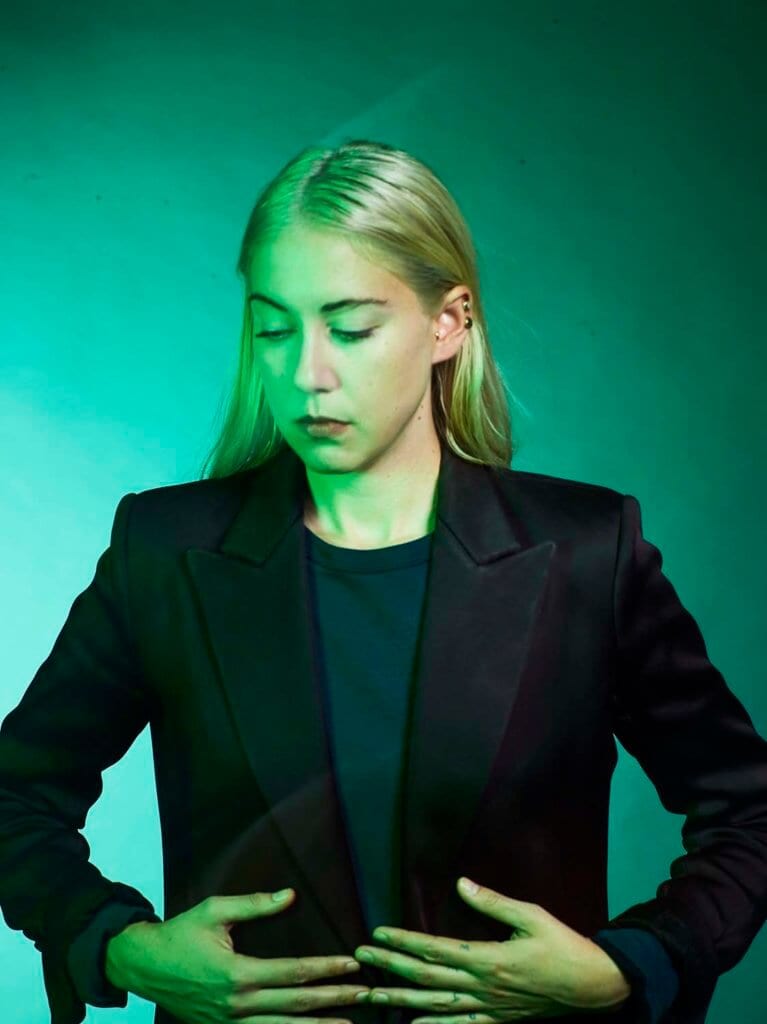
You’ve experienced a fair amount of upheaval in your career over the past couple of years. How do you feel about the place you’re in now, and what do you anticipate for the future?
I feel really good about where I am now. I got to make the record that I wanted to make, which is the hardest part, and I’m really happy with the team of people I’ve got behind me. I feel like a better person in general, not just career-wise.
Whatever the best thing is, that is what is going to happen. Ideally, that would mean this album is the most successful one I’ve put out to date, that people come see a show, that I get to play more shows, and hopefully that the music reaches a bigger audience, which is always the goal.
One thing that I hope happens is that I get more songs in TV shows or movies that I like, which is a world that I haven’t quite tapped into yet.
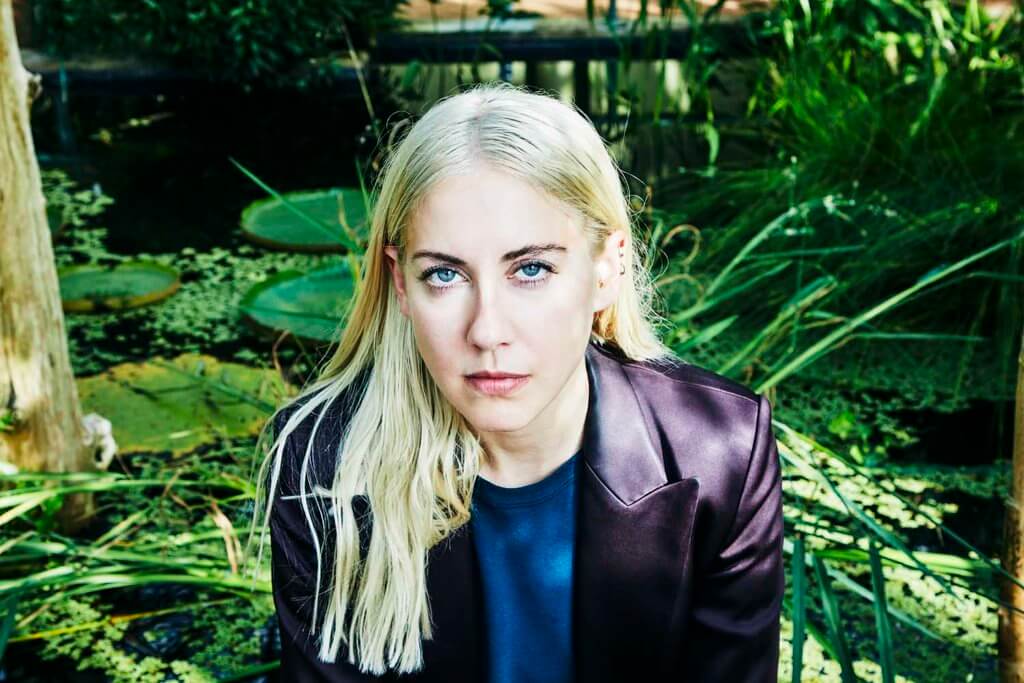
You’re fairly transparent about the difficulties of being in the music industry. What do you think are some of the changes that need to happen to better support artists?
Point blank, artists just need to be paid for their work. It’s obscene at this point. I’ve been really vocal about Spotify, but the truth is that’s a great platform. Streaming services, in general, are really wonderful because [they] give artists the opportunity to get their music heard by way more people than would have heard otherwise.
The other side of that, though, is that artists aren’t being fairly compensated—not even close. The fact that I can’t even buy a cup of coffee with the streams on my songs is so disheartening; it’s not a living wage. Meanwhile, the CEO of Spotify is worth two billion dollars.
Nothing is going to change until the larger issue changes, which is that people really need to look at how they’re valuing art and the people that create art. It’s obviously not being valued as it should, because if it were the people that make it wouldn’t be literally impoverished. Every single musician I know is having a very hard time making enough money to put food on the table. It’s obviously not sustainable. Until enough people’s hearts and minds change, the structure is not going to change.
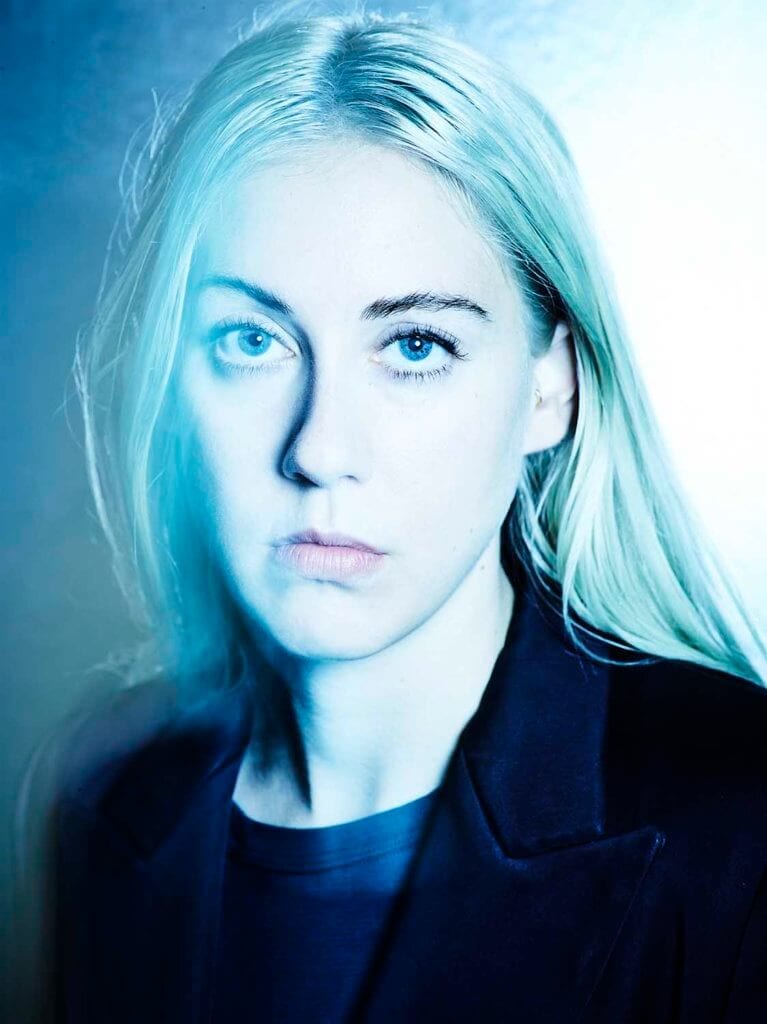
Do you feel any sense of that change happening?
I’m not feeling it from the people who are actually exploiting and monopolizing. But there are a lot of people I’m indebted to who are supporting what I’m doing. I’ve set up a Patreon where fans give one or two or five dollars a month, whatever they want, and a lot of people have for essentially nothing in return. They’re just doing it because they’re good people and they want to help me. I’m sensing it on that kind of scale. But, you know, it would be incredible if I had my lunch paid for every day by Spotify.
How do you think fans can currently best support artists? You mentioned Patreon, but is there anything else?
If I’m coming through your town, please buy a ticket and come see the show. It’s really hard to break even on a tour; so many artists come out in the red. It sounds corny, but buy merch because [it] puts gas in the touring van, it helps book hotels. I’m not going to say buy the record because whoever does, does. And whoever doesn’t, doesn’t.
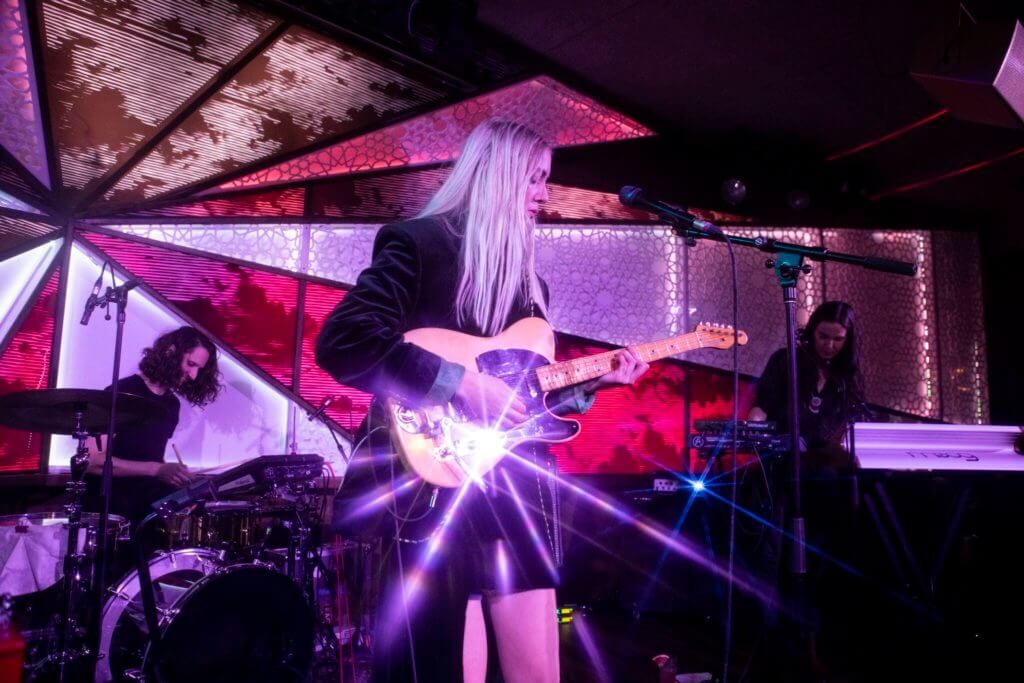
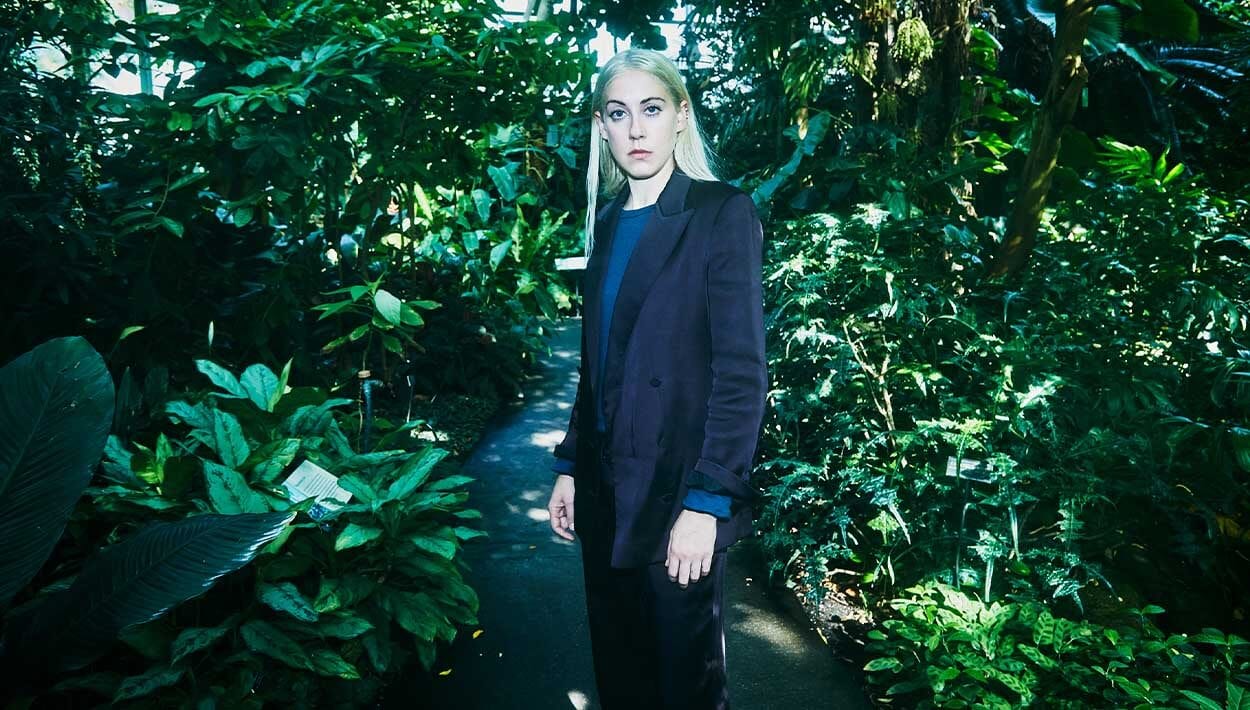

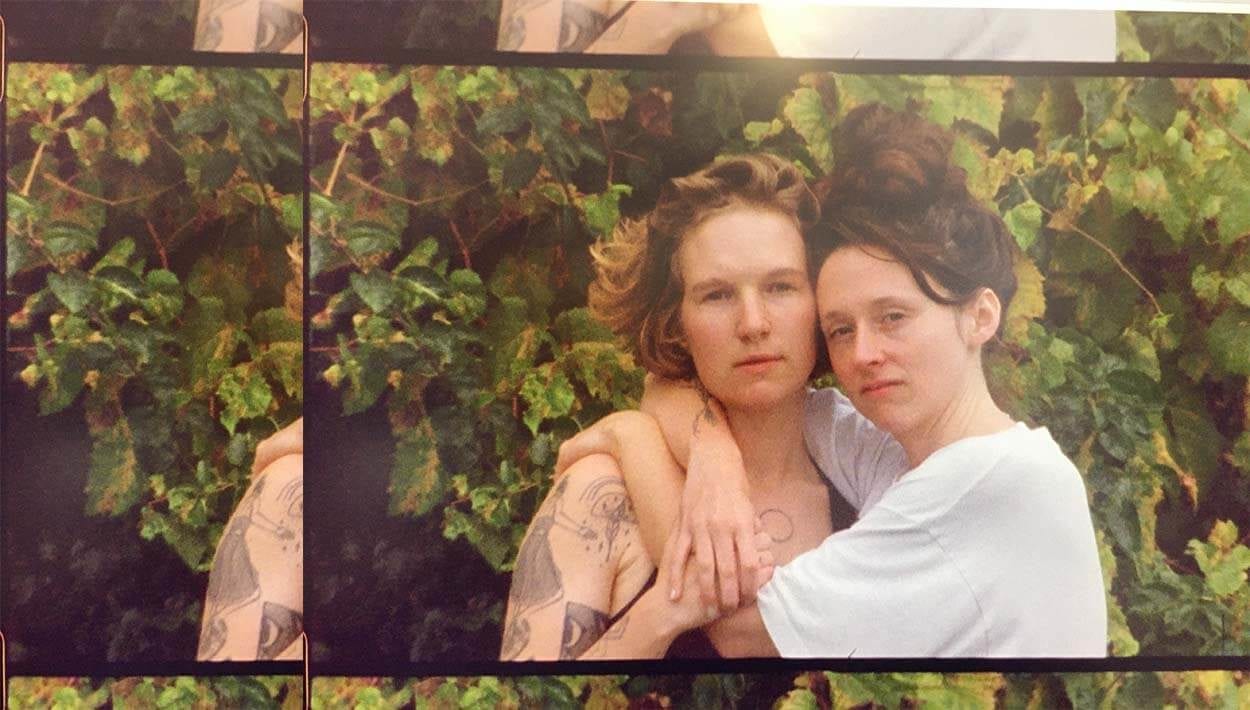
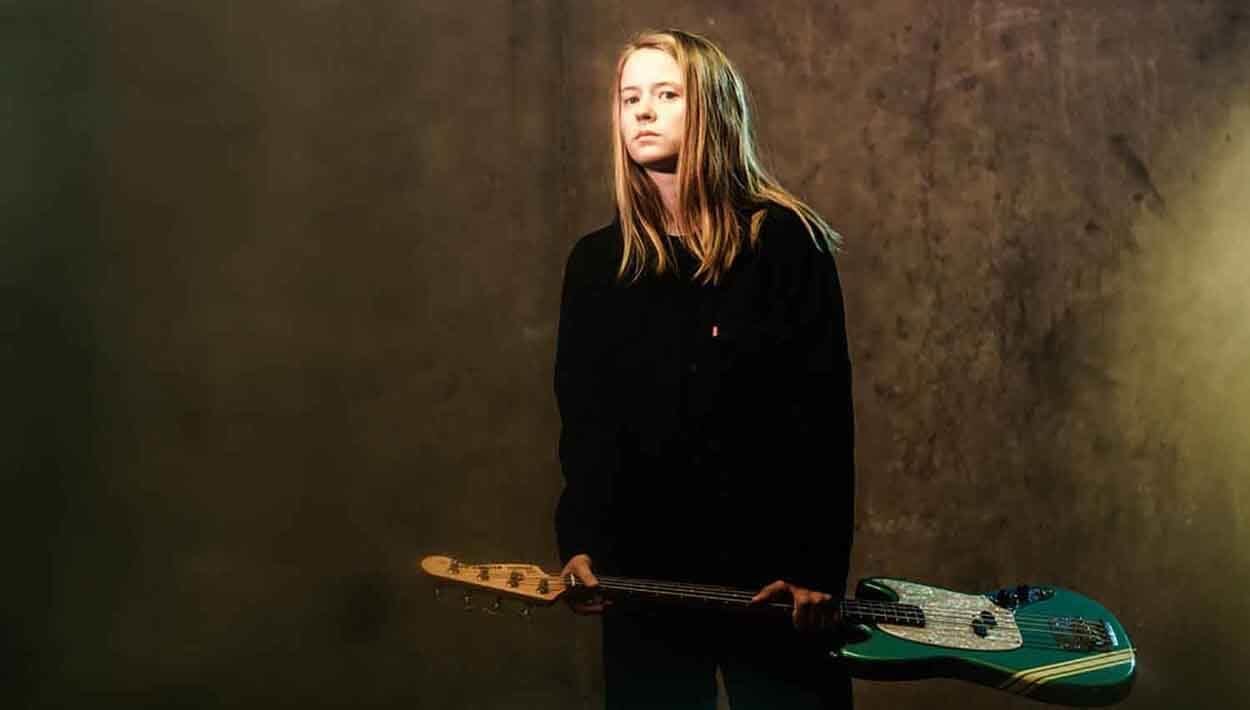
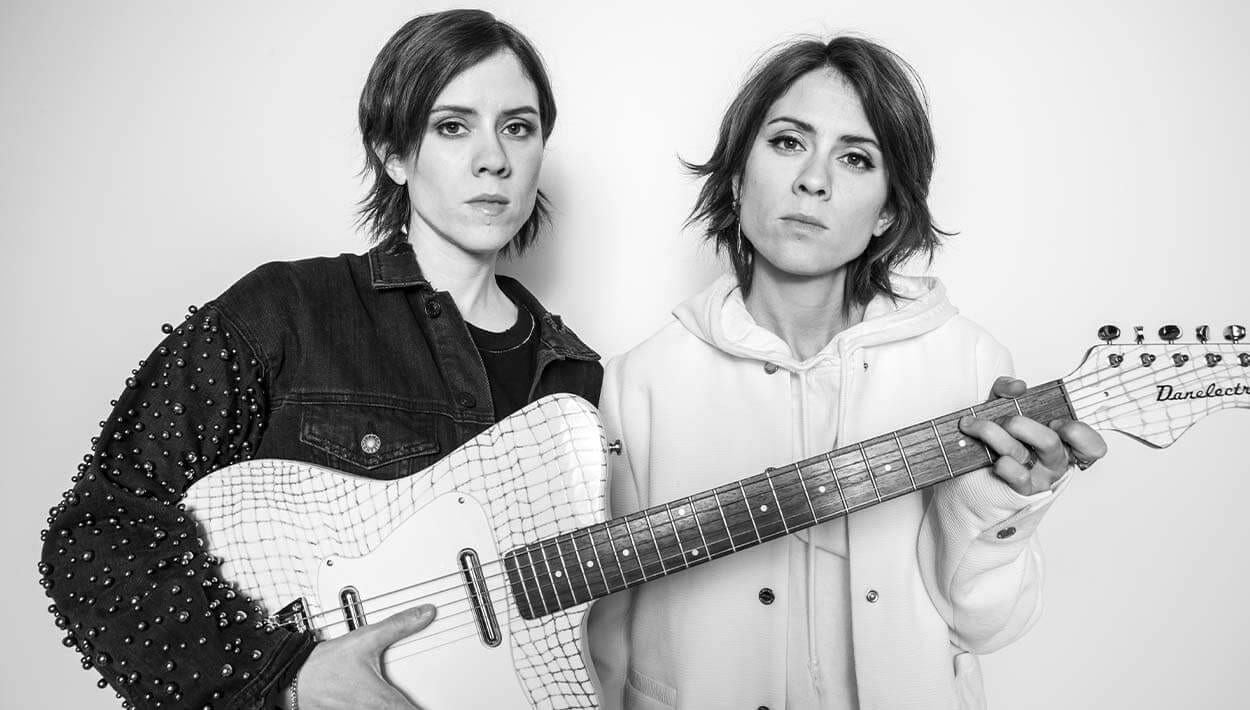
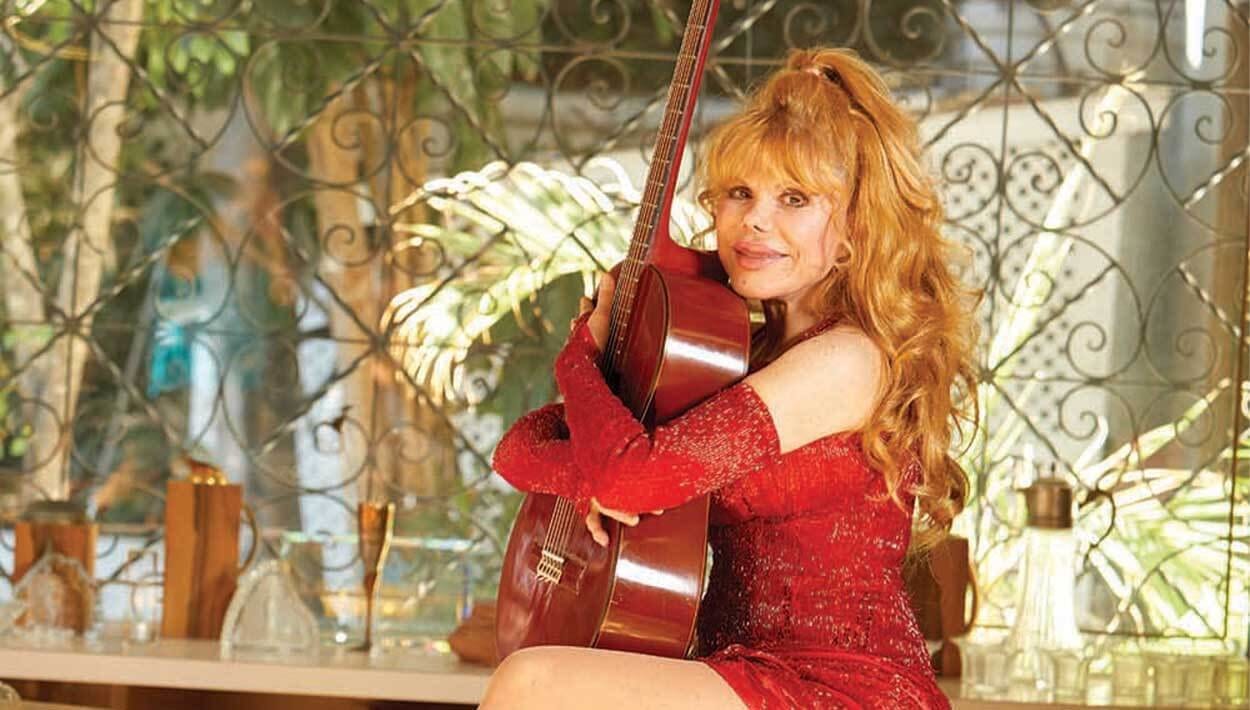
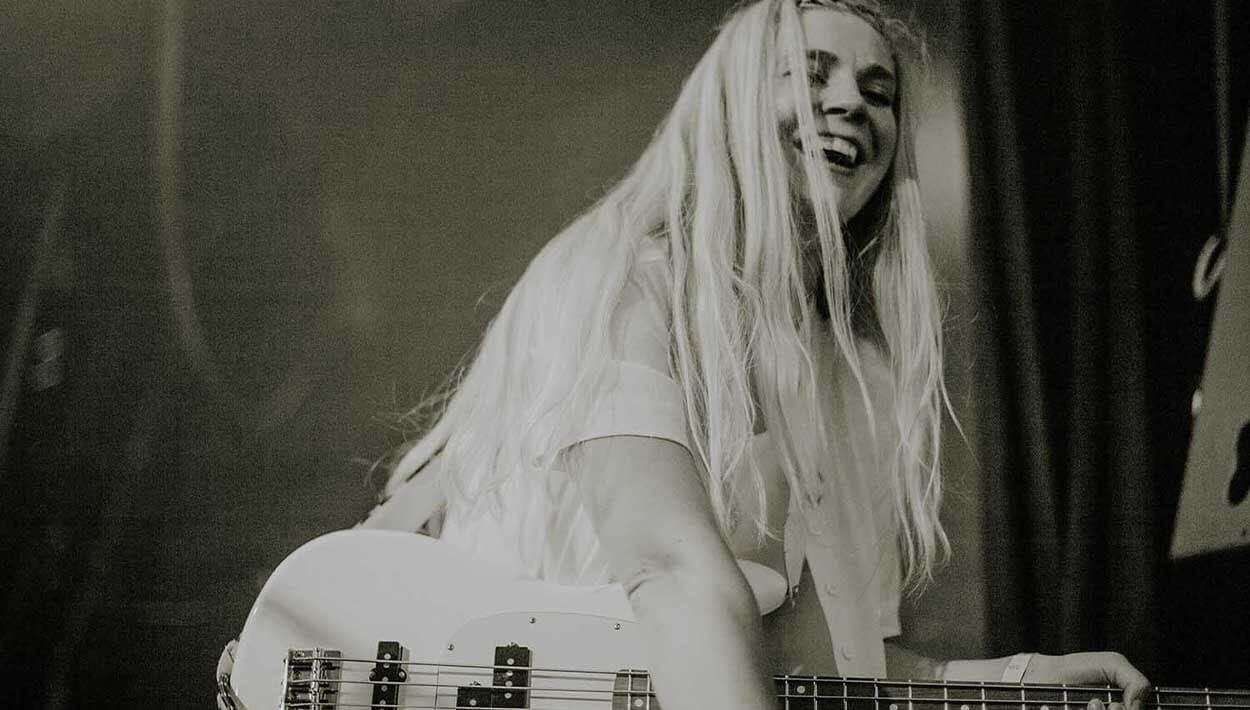

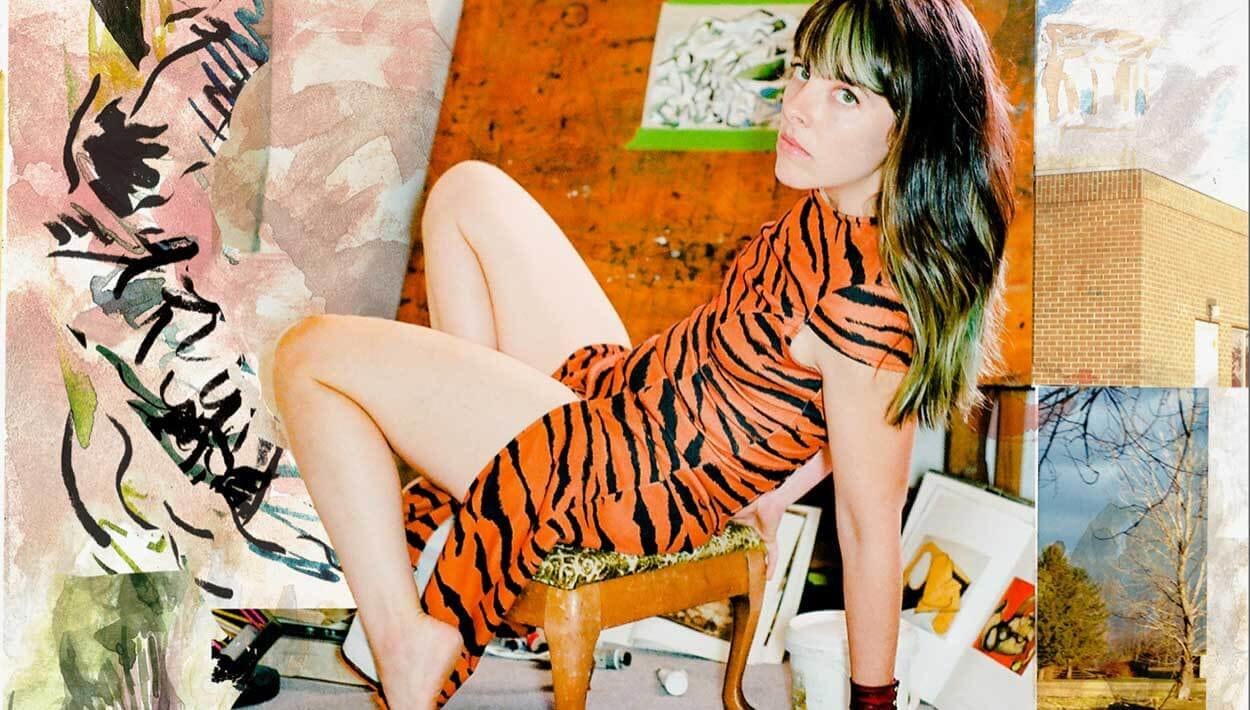
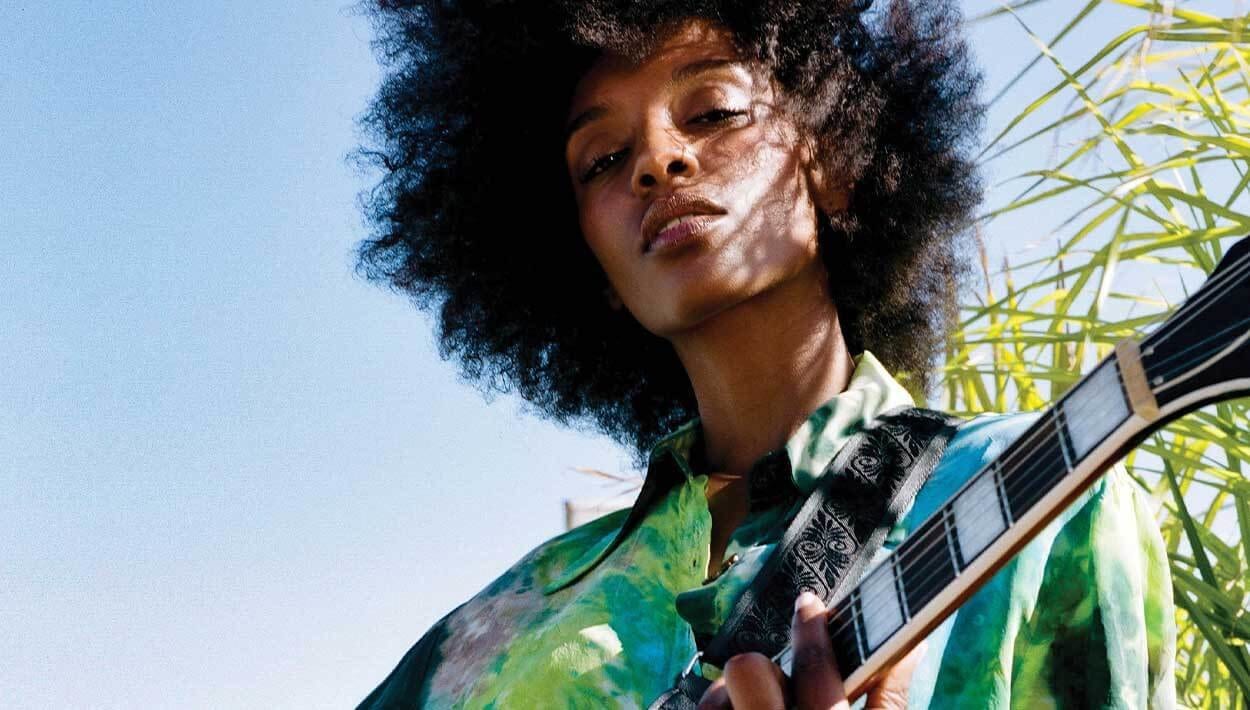
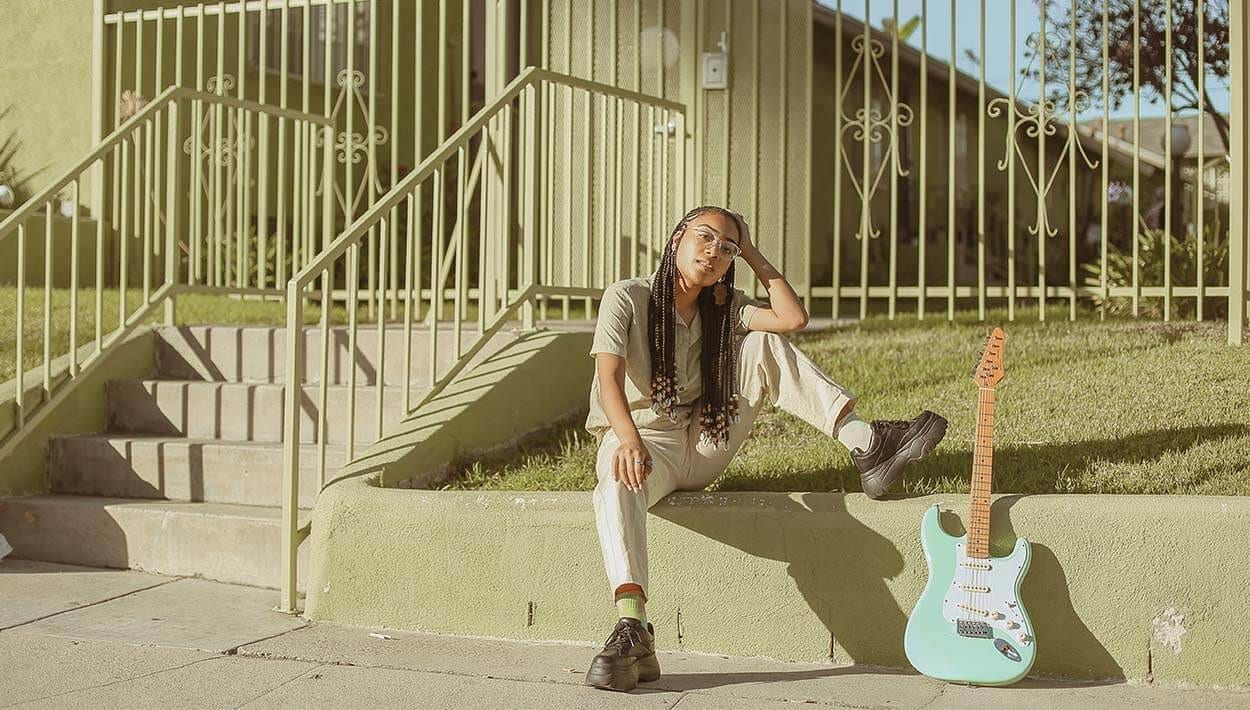
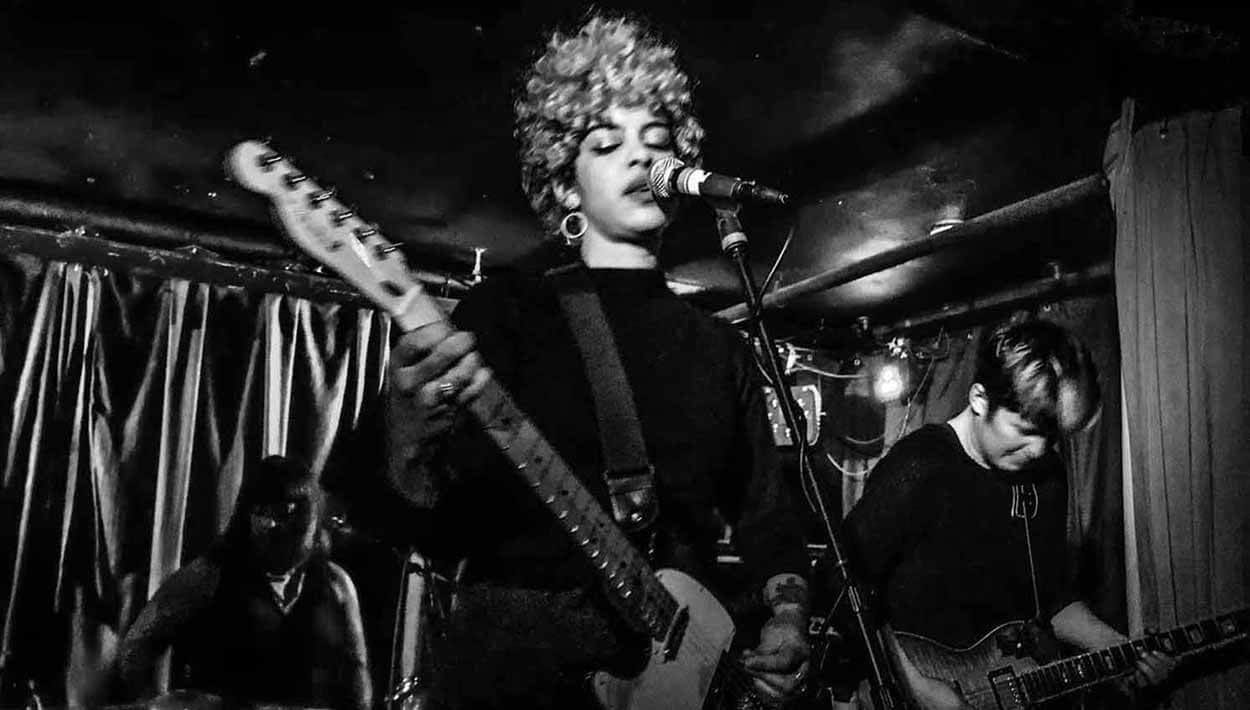


Comments
I wanted to have a look at free samples of college essays. I’ve found them on this website. They don’t charge for reading them.
Comment by Grace Jordan on September 14, 2020 at 7:15 amPlayers using Kiddions Mod Menus in GTA 5 will encounter unique and exciting features that bring a distinct flair to their gaming experience.
Comment by Kiddions Mod on February 3, 2024 at 2:18 amShould Soundbound prove to be a music-oriented service or application, its performance on both PC and Android platforms is likely contingent on its specific design and intended functionalities.
Comment by Soundbound on February 3, 2024 at 2:18 am